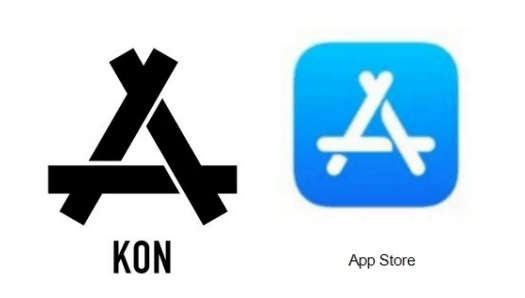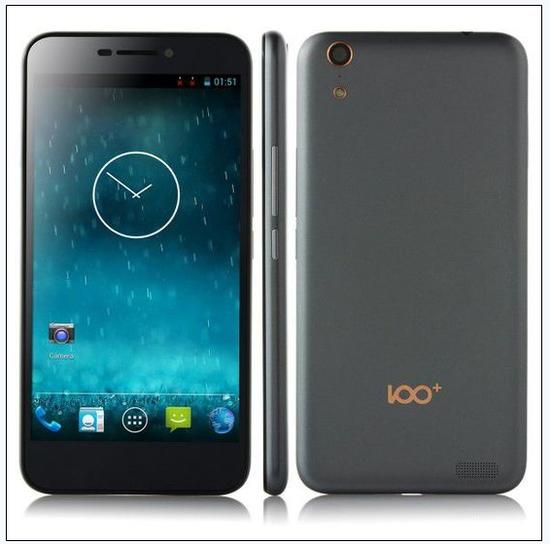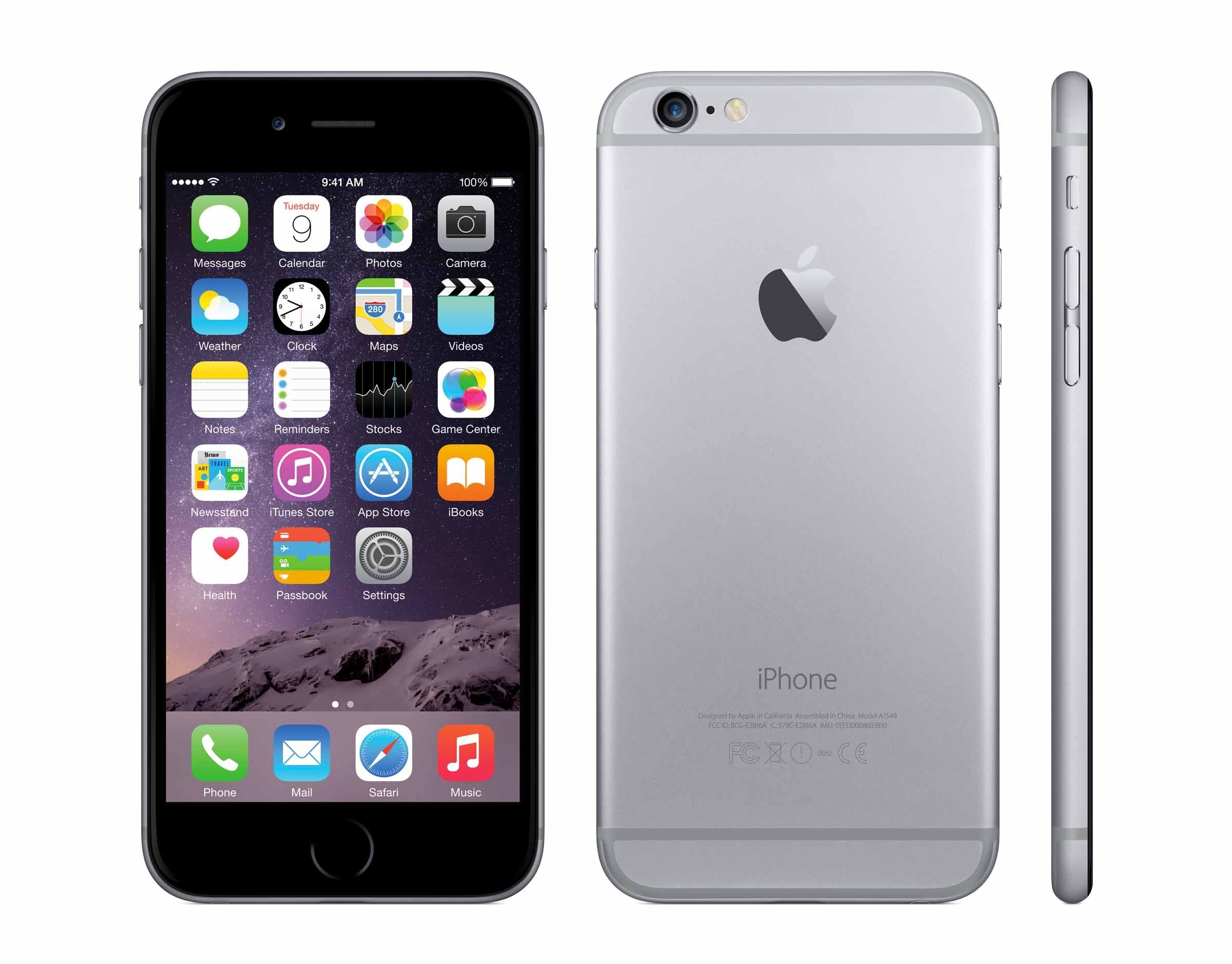(Global Network Technology Comprehensive Report) Recently, the Dongcheng District People's Court in Beijing officially accepted a lawsuit against a company by a domestic company. Beijing Yueshi Dianhong Culture Communication Co., Ltd. (KON Brand Holder) formally sued Apple Electronic Products Trading (Beijing) Co., Ltd. for infringing the copyright of its fine art works.

KON believes that in the series of electronic products sold by Apple Inc., such as the iPhone and iPad, the pattern of the App Store icon (iOS 11) is almost the same as the main content, structure, and layout of the artwork created by the plaintiff.
The request was made to order Apple to immediately stop the infringement of the copyright of the plaintiff by stopping the sale of electronic products containing icons and requesting a ban on infringing devices: including iOS, macOS, and Apple's other operating systems and related marketing materials.
In addition, KON also asked Apple to publicly apologize and eliminate its influence in the national media, and also demanded that the defendant be ordered to compensate the plaintiff for the corresponding economic losses.
According to relevant information on the Internet, KON was born in 2009. It is a multicultural and cross-border joint cultural brand. It specializes in trendy brand clothing, shoes, hats, and luggage accessories. It focuses on young people who respect personality and fashion.

It is reported that during the iOS 11 beta test, Apple updated the App Store logo in August. The Apple iOS 10 version of the App Store icon is a three-point pen triangle logo. The original icon is slightly different from the KON logo. The upgraded iOS 11 version of the icon for the App Store has been modified, it is precisely because this triggered KON’s infringement lawsuit against Apple.
It is reported that this case has been officially accepted by the People's Court of Dongcheng District, Beijing, and it is expected to make a judgment in the next few weeks.
This is not the first case in which Apple was accused of infringement in China.
In December 2014, Kenli Corporation proposed to the Beijing Intellectual Property Office that the design of the iPhone 6 and iPhone 6 Plus plagiarized the design of the mobile phone (100C). The Beijing Intellectual Property Office has determined that the designs of Apple iPhone 6 and iPhone 6 Plus infringe on the patent rights of the 100C smart phone of the company. The appearance features of the latter are side curvature and rounded corners.


However, the Beijing Intellectual Property Court later “removed the decision of the Beijing Municipal Intellectual Property Office†and confirmed that Apple did not infringe the design patent rights of Shenzhen Kenli.
"IPHONE" products have been popular in more than half of China, and almost all of them think that the "IPHONE" trademark is unique to Apple, but this is not the case.
In May 2016, the Beijing Higher People’s Court ruled that Apple lost in the case of Xintong Tiandi Technology (Beijing) Co., Ltd. (Xintong Tiandi Company) and Apple’s competition for “IPHONE†trademark rights, which also means that Apple The monopoly appeal of monopolizing the “IPHONE†trademark was met with “Waterloo†because Xintuodi Company registered the “IPHONE†trademark in 2007, and Apple’s smart phone did not officially start selling in China until 2009. In the end, Xintongtiandi Company obtained the trademark right of "IPHONE" 18th category.
Silicone Keypad,Silicone Keyboard,Customized Rubber Keypad,Custom Silicone Keypad
CIXI MEMBRANE SWITCH FACTORY , https://www.cnjunma.com
